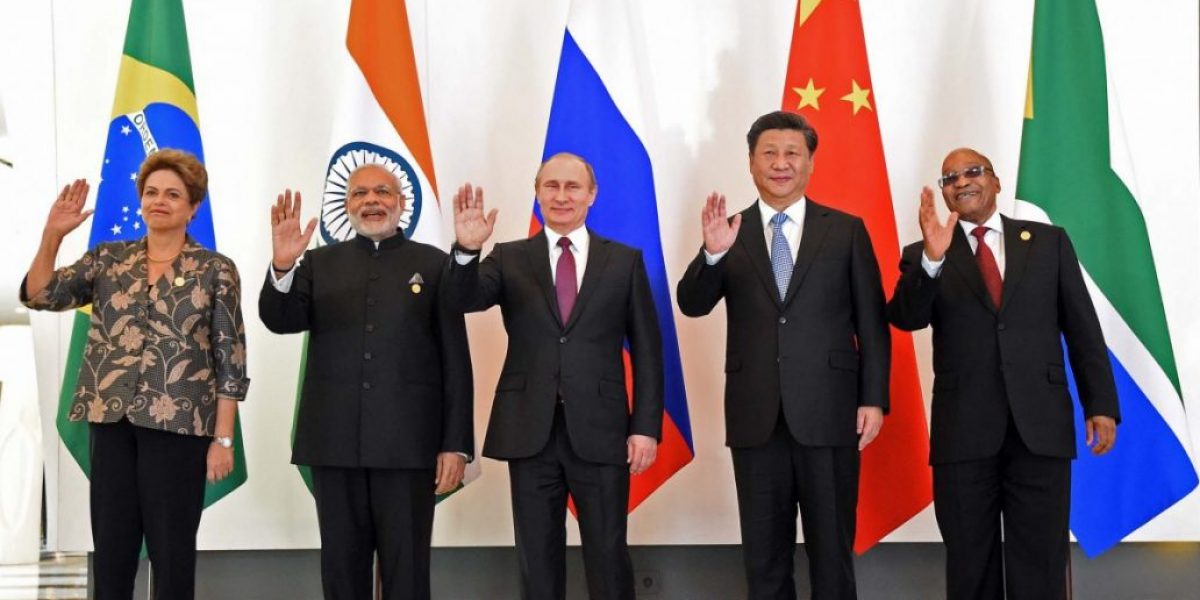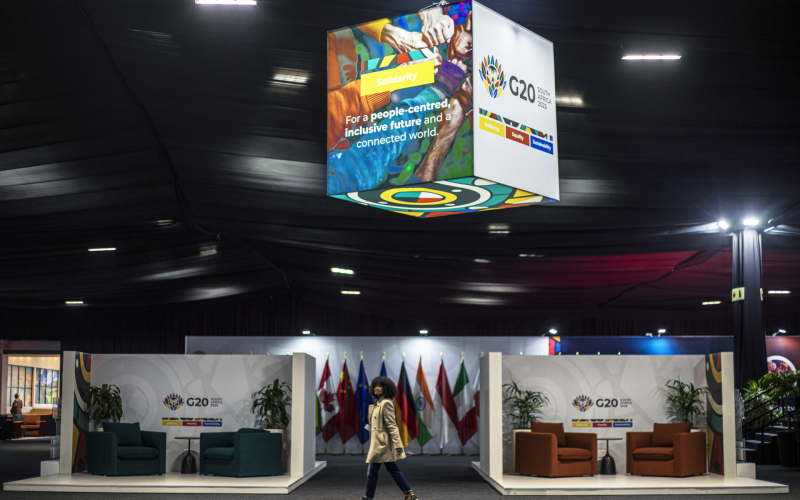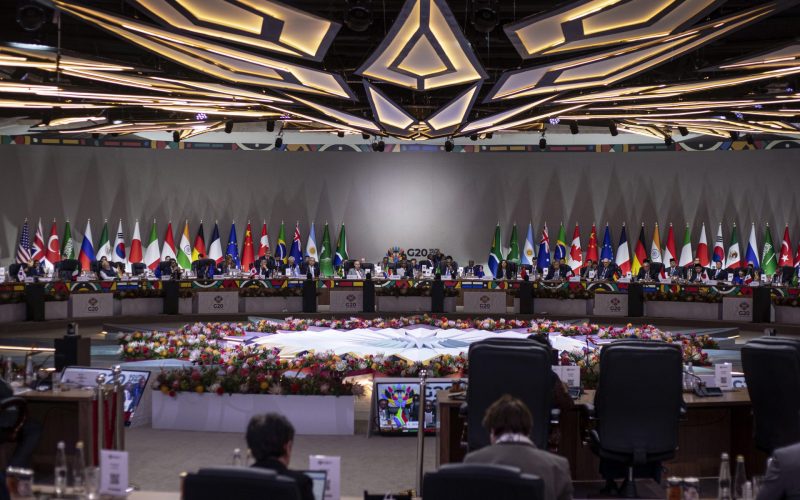This argument is justified on the basis of the engagement that South Africa, Brazil, China and India have had in several international forums, most importantly those concerning trade and climate change. In the on-going Doha Round of multilateral trade negotiations, these countries have been able to co-ordinate their positions in several critical areas, including agriculture, intellectual property rights and market access for non-agricultural products. These issues are also those in which developing countries have substantial interests and the co-ordination among South Africa, Brazil, China and India has helped to crystallise the developing country positions in the negotiations. The upshot of this has been that the dynamics of multilateral trade negotiations under the World Trade Organization have undergone a change from the erstwhile days of the General Agreement on Tariffs and Trade. Whereas the earlier phase of the multilateral trading system was dominated by the four advanced Quad countries – made up of the US, the EU, Japan and Canada – in the more recent years the new Quad is providing an effective counterpoint.
The climate change negotiations have also seen co-operation between these countries aimed at ensuring outcomes that are based on the principle of equity. The BASIC group, comprising South Africa, India, China and Brazil, have argued that the regime for limiting emissions of greenhouse gases should be such that it does not undermine the development aspirations of the developing countries.
It is in the economic sphere that the BRICS have ushered in the most significant transformations. The new-found confidence of the BRICS has seen them build new partnerships with other developing countries and even with least-developed countries. India, China and Brazil have been at the forefront, with a view to meeting long-term development needs of others as well as themselves. These South–South relationships are thus seeking to redefine the context and content of economic ties.








